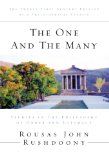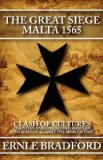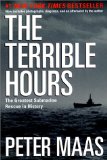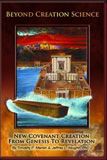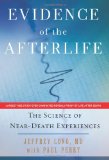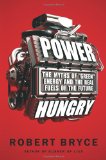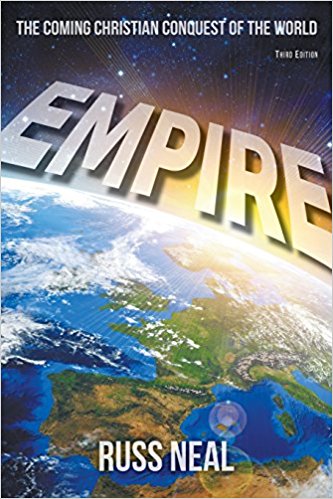|
Reading is the foundation for writing. Below are my reviews of some books which have been influential to me with links to them.
CHECK BACK FOR MORE REVIEWS
|
GET YOUR COPY OF MY BOOK
Popular opinion holds that since not everyone is Christian, the government must be secular. But is this true? Does the Bible say that human government is free to violate the moral law of God, or are all men and nations commanded to repent and obey? "Empire" explains how the Christian Empire has been spreading throughout history and why it is destined to conquer the world.
|
